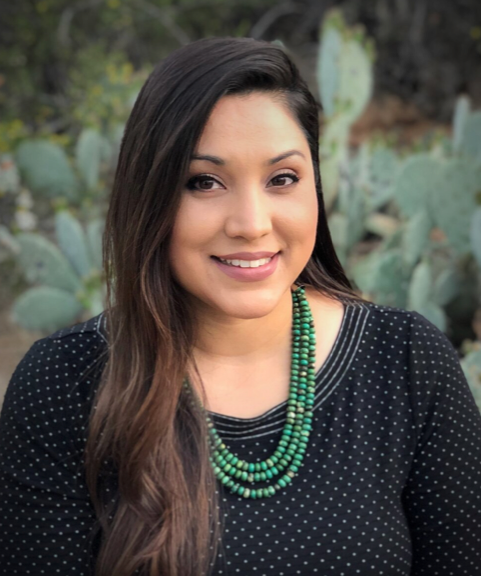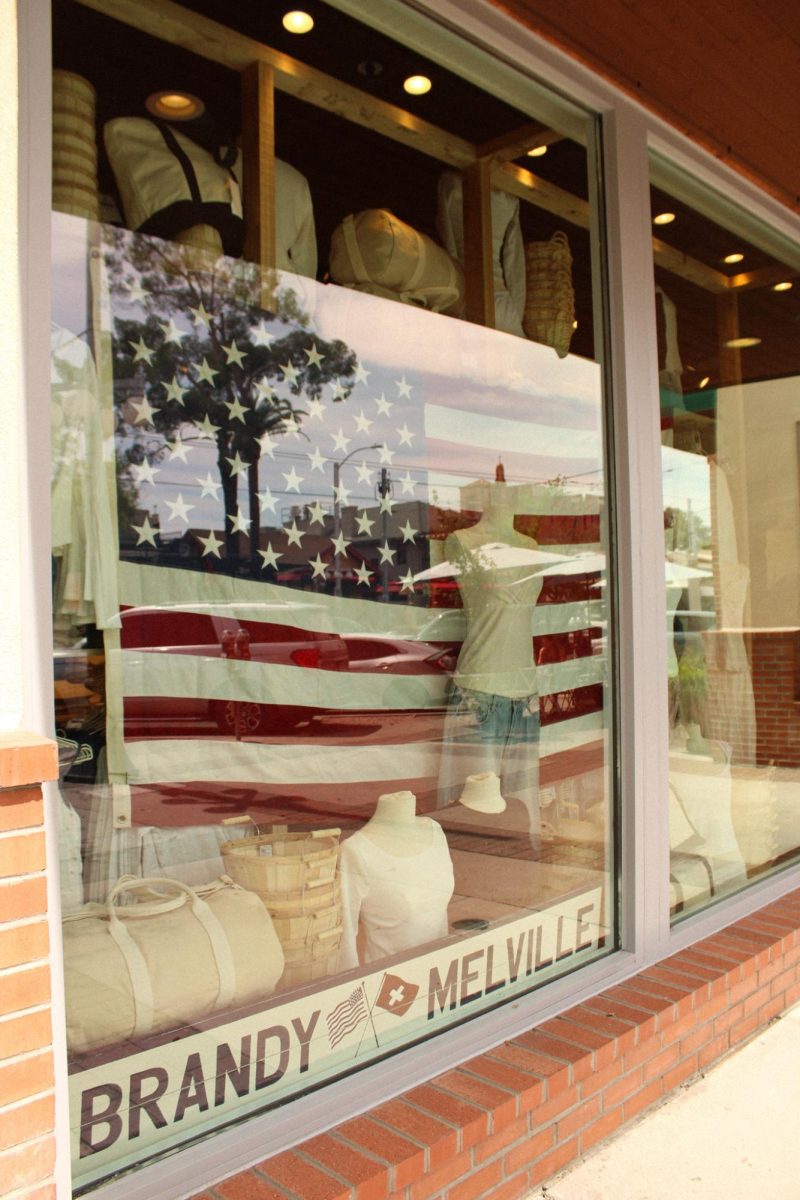The University of Arizona is home to many Native American individuals, yet how familiar is the student body with the numerous associations, clubs and groups headed by Native students and faculty? One of these associations is the Arizona branch of the National Native American Law Students Association, whose president is a UA law student.
The National NALSA, was founded in 1970 on the ideals of supporting Native American law students as they transition into leaders and policy changers. According to the website, the aim is to reach out to students interested in federal Native American law and promote unity and change within communities.
Paulene Abeyta is a junior year law student at the UA and president of the National Native American Law Students Association. She is the first woman from the University of Arizona to be elected to this position. Abeyta’s work with the association is admirable and she recounted the reasons for her decision to get involved.
“Law school is intense and rigorous. You work hard to get into a great law school and once you are there, you want to do well. You devote much of your time to your studies, which in turn becomes isolating,” said Abeyta. “I come from a close-knit family, community and culture. Relationships and interactions are at the core of everyday life. So, isolation was very uncomfortable for me.”
Abeyta reflected on how she initially joined National NALSA and what types of involvement she saw on the UA campus.
“During my first year of law school, I served as the UA NALSA representative. That same year, UA’s NALSA hosted the 27th annual Moot Court Competition,” Abeyta said. “I volunteered to help at the event and connected with visiting law students and professors from all over the country.”
Abeyta commented on how being apart of National NALSA has created professional relationships.
“I enjoyed working with the local chapter during my first year of law school and feeling the sense of community again,” Abeyta said. “It was those types of experiences that gave me a solid foundation to move forward and get involved with National NALSA organization. Leading National NALSA is sincerely fulfilling. I serve with 13 other amazing law students from across the country to represent Native American law students.”
Abeyta also reflected on how she thinks the UA has supported her role with National NALSA and how she feels acknowledged within the law school.
“The University of Arizona law school understands the importance and significance of this NALSA Chapter and the National NALSA organization,” Abeyta said. “Having direct support from dean Marc Miller and the Indigenous Peoples Law and Policy Program is vital because not every NALSA Chapter is supported the way we are here. We hear about it constantly on a national level and our board is actively working to change that.”
Melissa Tatum, professor of law, is also familiar with National NALSA. Tatum has worked closely with both National NASLA and Abeyta in recent years.
“I have worked with National NALSA in various capacities both here at the University of Arizona and when I was a faculty member at the University of Tulsa,” Tatum said. “Twice in the last five years, I have written the problem for the National NALSA Moot Court Competition and in Spring 2020, I consulted with Paulene Abeyta with respect to the National NALSA Writing Competition, for which I also served as a judge.”
“For me, the most rewarding aspect of working with National NALSA is supporting the work they do to create opportunities for Native students,” Tatum said.
Andrea Snowball is another individual closely related to National NALSA. Snowball served on the association board as treasurer for the 2019 to 2020 academic year as well as a representative from 2018 to 2019.
Snowball recounted her experience working with and for National NALSA and reflected on what she feels are the most valuable skills gained from being affiliated with the association.
“The most rewarding aspect of NNALSA was making lifelong connections with fellow law students from across the nation who I would not have otherwise met,” Snowball said. “Working together to fulfill National NALSA’s mission of supporting Native law students and promoting legal issues that affect tribal communities also enabled me to develop skills valuable to being an effective lawyer.”
National NALSA was founded to help Native American law students flourish into influential individuals and leaders both in and outside the courtroom. As it appears, the current board members and president are ensuring that these values remain the same to this day.
Follow Madison Beveridge on Twitter















